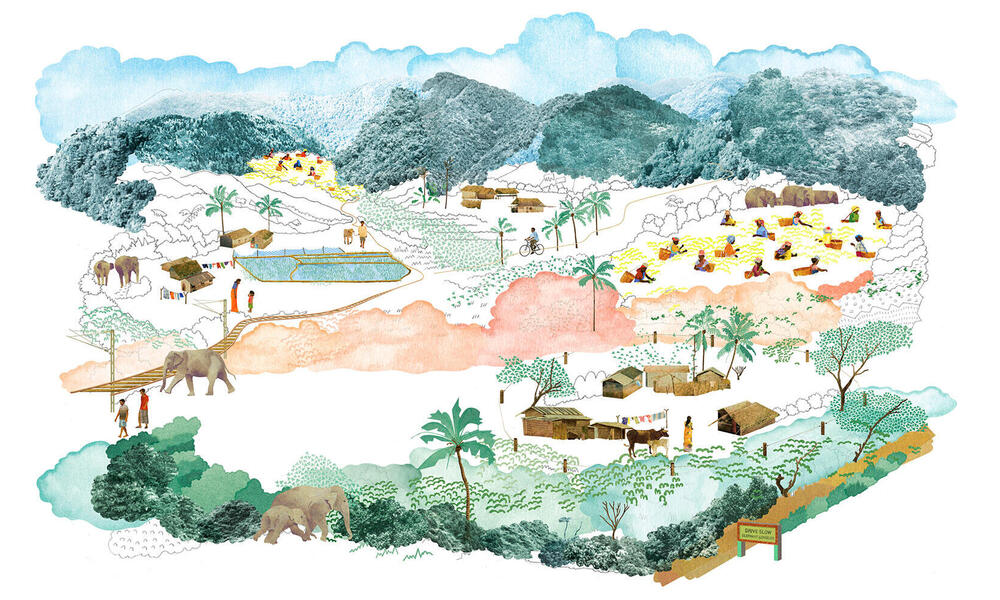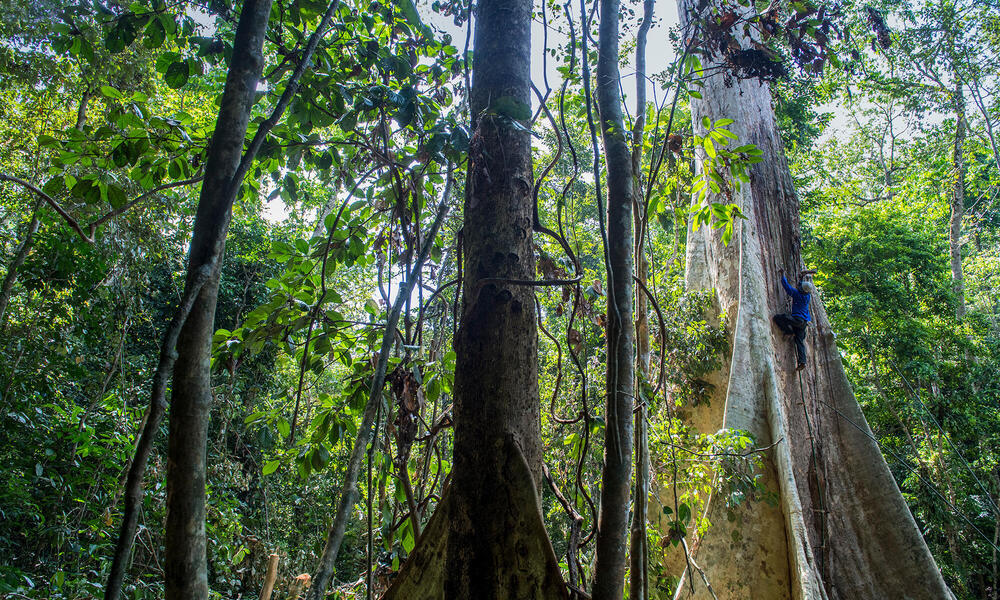The final straw: Greening the retail supply chain – Magazine articles

[ad_1]
ARE CONSUMERS?
Consumers increasingly think about environmental factors when shopping for food and groceries, but being green has less of an impact when shopping for clothing.
More than 70% of consumers say they consider the environmental impacts of their choice of retailers and food and beverage products, according to a survey by GlobalData. This figure drops to 64.2% for clothing and footwear, but demonstrates that non-food retailers also need to make changes to minimize their impact on the environment while clearly communicating their commitment to shoppers.
Since the BBC’s Blue Planet II highlighted the environmental impact of plastic, the Lidl supermarket has said it will stop using non-recyclable black plastic packaging and Morrisons has introduced paper bags for fruits and vegetables in bulk.
As Emily Salter, Retail Analyst at GlobalData, points out: “While the impact of the retail industry on the environment goes far beyond the use of plastic, these data indicate that the recent heightened awareness is likely to have contributed to the high level of consumers considering the environmental repercussions. “
The fact that fewer consumers consider the environment when shopping for clothing and footwear may be due to a lack of awareness and the scarcity of more sustainable, yet affordable options.
Consumers are also further removed from the sourcing, processing and packaging of non-food products because, with the exception of online ordering, most products are not packaged in plastic.
A documentary by Stacey Dooley and the recent Parliamentary Review could help increase the environmental impact of the fashion industry in the minds of consumers. “A series of very disturbing facts have emerged – notably that the global fashion industry produced 1.2 billion tonnes of CO2 equivalent in 2015, more emissions than international flights and shipping combined and the evidence increasing numbers of marine habitats being contaminated by man-made fibers released when clothes are washed, â€says Craig Summers, UK Managing Director of Manhattan Associates.
Some 80 companies and supporters representing more than half of UK retail sales by volume have signed up to the Sustainable Clothing Action Plan (SCAP) 2020 over the past 5 years. The voluntary plan commits them to reducing water, carbon and waste during the manufacture of clothing and at the end of the product’s life by reducing the quantity sent to landfill.
Brands on the plan administered by WRAP include Arcadia, Asos, F&F, Next, Primark, Sainsbury’s, Ted Baker and Whistles.
According to WRAP, changes in the composition of fibers used to make clothing and the use of more sustainably produced fibers have had a significant impact on the footprint of the UK clothing industry over the past five years. Selecting fibers produced more sustainably from companies such as the Better Cotton Initiative significantly reduces the volume of water used in clothing sold by members of SCAP 2020.
The demand for water is a huge factor in the production of clothing from irrigating crops, making fibers to dyeing. WRAP found that the total reduction in water consumption over the lifespan of clothing sold by SCAP 2020 members saved the equivalent of 42,000 water baths per tonne of clothing sold. Enough water for a family of four to bathe every day for twenty-nine years.
“Compared to the sector as a whole, they [SCAP 2020 signatories] continue to set the bar high to improve sustainable practices. And it is important that they do, because while clothing may be only the eighth sector in terms of household spending, it has the fourth largest environmental impact behind housing, transport and food. .
As the Quick Fashion Environmental Audit Committee showed, there is still a lot of work to be done on clothing and I think initiatives like SCAP 2020 have an important role to play. The public is increasingly concerned about the impact of clothing on the environment, just as it has done when it comes to plastics, â€says Peter Maddox, director of WRAP.
His thoughts arose out of a survey conducted for the Institute of Business Ethics (IBE) by Ipsos MORI. He found that the general public opinion on ethical business behavior has reached the highest level since the first survey in 2003.
Almost two-thirds (62%) of the British public now say they consider companies to behave ethically, up from less than half in 2003 (47%).
The top two issues consumers think businesses need to tackle – tax avoidance (33%) and executive compensation (24%) – remain unchanged. Environmental responsibility ranked second (24%) among extreme weather conditions and the blue planet effect has brought it back to the minds of the UK public after falling sharply since 2008.
“Businesses also appear to be becoming more proactive in recognizing issues of public concern and going beyond the law, for example, in addressing environmental concerns.
However, the fact that corporate tax evasion and executive compensation remain the top public concerns – albeit at a reduced percentage – is an example where companies are still not doing enough to address ethical issues, â€he said. declared Philippa Foster Back CBE, Director of the BIE.
As environmental concerns around vehicle emissions, recycling, packaging, and the products themselves all rise in 2018, is it time for every retailer to look at the circular economy and consider what they are looking for? sells before being regulated to do so?
[ad_2]






